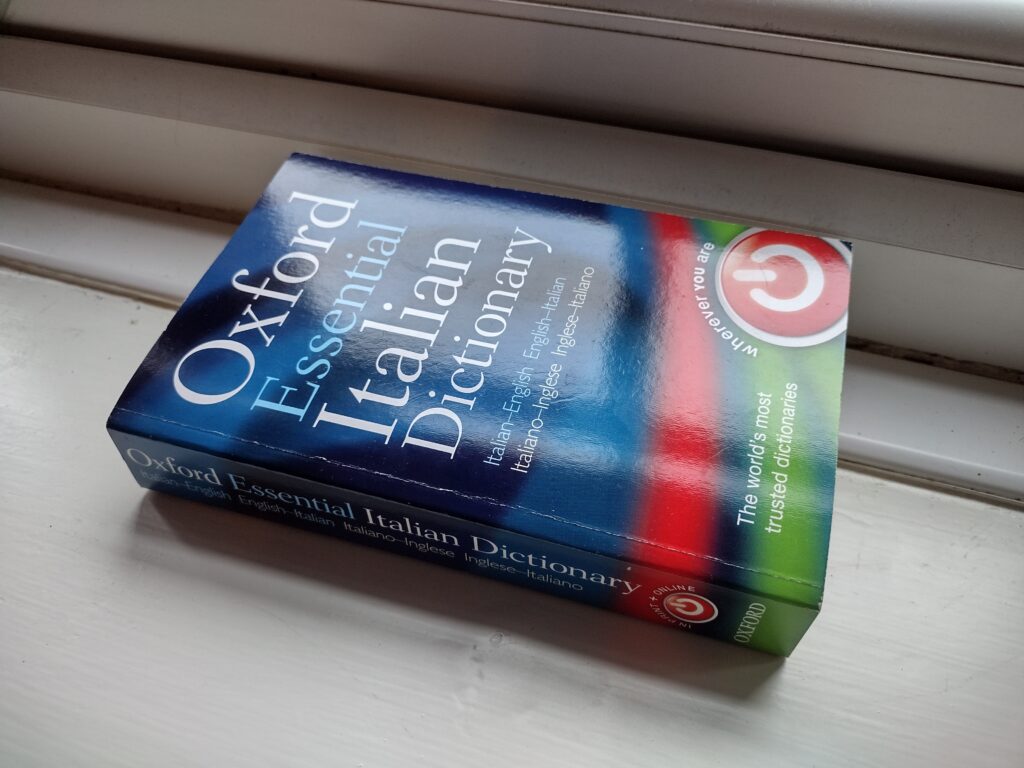


Cognitive Reserve And Dementia
Cognitive reserve and dementia protection is a fascinating area of interest worthy of some exploration. It resonates quite well with some of the essential tenets of acupuncture and the practice of traditional Chinese medicine with its belief that the physician that prevents illness is superior to the one that treats it or, more prosaically, prevention is better than cure.
Sadly, with many prevalent forms of dementia, conventional medical treatment is not yet able to offer much active support, and treatment tends to be palliative and supportive. This is even more the case with aggressive pathologies such as Alzheimer’s and lewy bodies dementia.

Looking at proactive ways in which to attempt to prevent, delay, and offset dementia leads us to the area of cognitive reserve. So what exactly is cognitive reserve? Clinically, it refers to the brain’s capacity to cope with pathological changes, such as brought about by a form of dementia or by a physical injury.
In the eighties and nineties, multiple studies showed how post-mortem examination on elderly people had revealed the surprising fact that people who had displayed no or little symptoms of Alzheimer’s disease when alive actually had extensive pathological changes in their brains associated with the disease process, namely the formation of extensive amyloid plaques. Following on from these findings, much research has been carried out to examine the way in which some brains can be better equipped to deal with the disease process associated with Alzheimer’s.
Two major theories take slightly different approaches. On a psychological level, it is posited that some individuals may develop better cognitive processing or an enhanced ability to utilise compensatory mechanisms, so that they therefore manage their symptoms better. On a physiological level, it is understood that cognitive stimulation throughout one’s life can help to foster the growth of more extensive neural pathways in the brain, so there is literally more substance to the brain to withstand pathological changes that may occur to part of it. Cognitive stimulation can also help to foster the activity of the important brain-derived neurotrophic factor, which plays an essential role in the process of memory and learning. There are even suggestions that cognitive stimulation can slow down the natural atrophy of the hippocampus area of the brain that is a part of normal ageing. All these processes can thus help to increase the cognitive reserve and thus the resilience of the brain to cope with these devastating conditions.
For further information about how to build cognitive reserve, take a look here.


